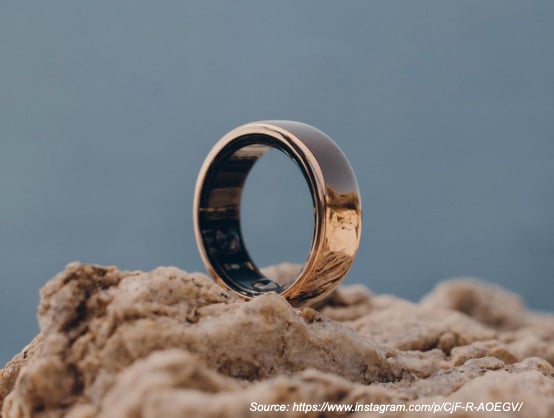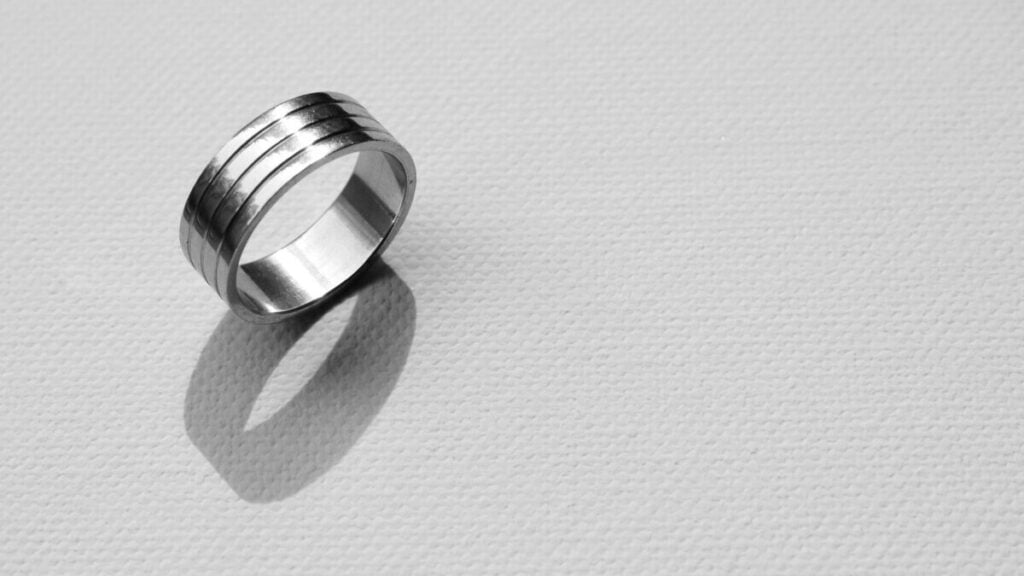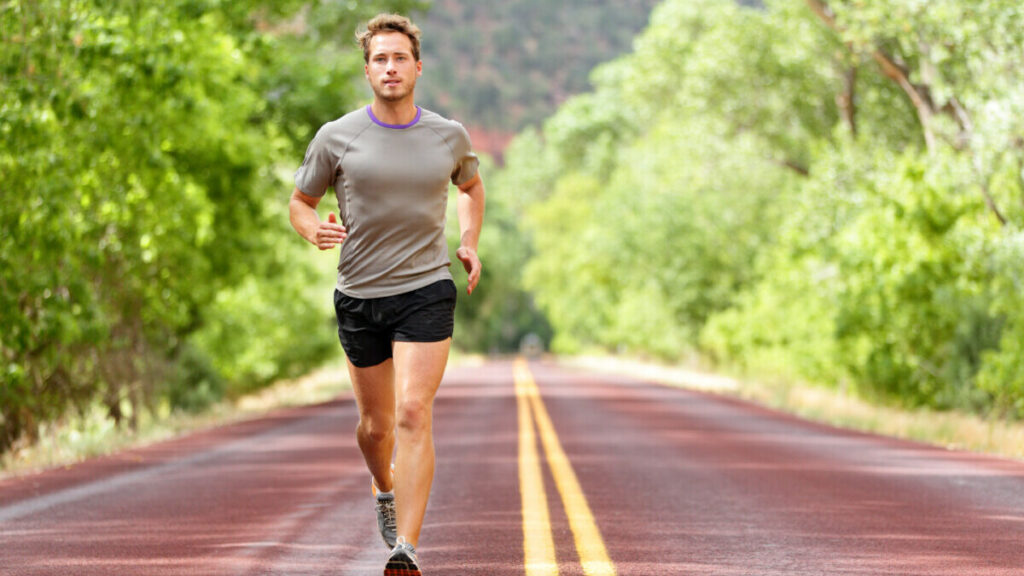What Does Total Burn Mean On Oura Ring? (ANSWERED!)
So, you have decided that instead of purchasing a fitness tracking watch, you should get the Oura ring. These rings are great at keeping track of a variety of different statistics, and it keeps track of so many different factors that you might be seeing some information that you have no clue what they mean.
Total burn on an Oura ring is the total number of calories that the wearer has burned while wearing the Oura ring. The Oura ring measures the calories a wearer burns while resting and exercising, and these burned calories are included in the Total Burn category.

I will talk about how exact Oura rings are when determining calories burned and how they track the number of calories that you have burned below.
What is the Difference Between Active and Total Calories Burned?
Active calorie burn and total burn are distinctly different. The difference between the two is described below.
Active Calories Burned
Active calorie burn is an estimate of the calories you burn over the course of the day through exercise or other activities. The Oura ring captures the calories you’ve burned while walking, training, or partaking in other physical activities.

Tracking your active calorie burn can help you balance your activity output and calorie intake. Active calorie burn can be found on your Home and Activity tabs and appears as the numerator in your Activity Goal Progress.
If you’re looking to boost your activity levels in general, or achieve higher fitness goals, monitoring active calorie burn by paying attention to your Activity Goal Progress can help. When this number is higher, it means you’ve engaged in more intentional movement and activity.
Paying attention to days when your active calorie burn is higher can also help you recognize the need for additional recovery time and refueling through proper nutrition and hydration.
Total Calories Burned
Total burn, on the other hand, is the total number of calories you burn over the course of a full 24 hours. It even counts the calories that you are burning while resting. Oura begins calculating your total burned calories at 4 am, as your metabolism starts to gear up for daytime functions and activities at this time.
This initial calculation is done using your BMR (Basal Metabolic Rate), which is the number of calories your body needs to sustain itself and all your vital functions (i.e. breathing, digesting, circulating blood, etc.). Additional calories are added to your total burn count as you continue to move throughout the day and complete any form of exercise.
Total burn can be found on your Activity tab in the app above your step count.
Keep in mind that if you don’t wear your ring while exercising or engaging in physical activity, your active calorie burn may be slightly off. This is why I recommend manually adding workouts or importing your workouts from Apple Health or Google Fit to ensure that your active calorie burn is reflective of the efforts you’ve put forth.
Is Oura’s Total Calorie Burn Accurate?
What sets the Oura Ring apart from other sleep trackers is its ability to measure your heart rate, HRV, and skin temperature while you sleep. The company says these measurements can provide clues about how well you’re sleeping, how rested you’ll feel in the morning, and possibly your stress levels and emotional well-being or even whether you’re coming down with a sickness.
Generally, when your body is working harder—whether due to physical exertion, fighting an infection, or emotional stress—your heart rate increases, your HRV decreases, and your skin temperature rises. The company’s validation studies (PDF) have shown the Oura Ring’s measurements of heart rate and HRV to be 99.9% and 98.4% accurate respectively in comparison with an electrocardiogram.
Those extra data points give the Oura Ring’s analyses more nuance compared with what most sleep trackers offer. The Oura Ring also gave me more detailed information about my sleep quality and how to improve it, which helped me feel more in control of my body.
In a study of 49 healthy people, the Oura ring packed the same punch as a medical-grade ECG, even though it is quite small and light, as it only weighs 4 grams.
“The Oura ring performed near-perfect for resting heart rate (r² = 0.996) and extremely high for heart rate variability (r² = 0.980) when compared to a medical-grade ECG device.”
Oura Study Results
How does Oura ring measure calorie burn?

The Oura is great if you want to study your sleeping habits and the quality of sleep that you are getting every night, but it does NOT count calories. During non-sleep times it only counts steps, that is it.
You have to manually enter workout type (for example, running, walking, cross training) and intensity (low, moderate, high) on the Oura app, and it estimates the calories burned solely on the workout, intensity, and workout duration that you manually enter. So, if you run a 5K in 20 min or 23 min, the ring won’t know the difference unless you manually input the information.
The Oura ring is also great if you meditate, as it will show your heart rate and heart rate variability (HRV) during meditation. Aside from the sleep statistics and the meditation aspect, the Oura ring is just a step counter. When I asked Oura about this, the explanation was “There is too much heart rate variability during the day”.
Something that helps the Oura ring determine how active you are, it gives you an Activity Score at the end of the day. To determine your Activity Score, your Oura ring has a 3D accelerometer tucked inside that measures the movement of your hand so it can estimate your step count and overall physical activity.
You can find your Activity Score on the Oura app. Every day, you will receive an Activity score between 0 and 100. If you receive a score between 85 and 100, the amount of activity and rest that you do is very balanced.
A score that is between 70 and 84 means that your activity and rest are balanced, but could be better balanced. Any score lower than 70 means that you are in the red zone, which means you need to change some of your daily habits.
